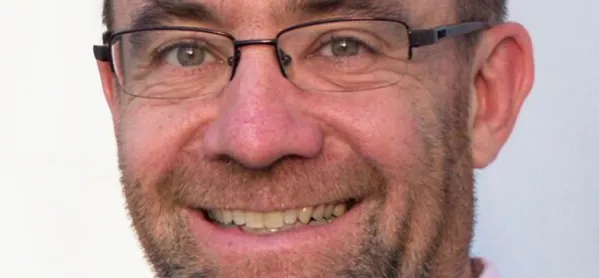“Courage is what it takes to stand up and speak; courage is also what it takes to sit down and listen.”
I was reminded of this fantastic Winston Churchill quote when I went to listen to former Australian prime minster Julia Gillard this week.
The event was in a lecture theatre at the London School of Economics off the Aldwych, and chaired by Tessa Jowell. Julia Gillard was speaking as part of a series on Women in Public Life, as the first ever female leader of her country. She told a compelling story about what drew her in to politics, from when she was in primary school.
She noticed that, every time they finished doing art at school, the girls would be asked to clear up the mess and put everything away. The boys were free to go off and play.
One day she had enough and went to see her teacher to explain that she didn’t think this was fair. She feared her teacher wouldn’t listen and might even be cross. However, next time they did art, all the pupils were asked to clear up. Her courage, and her teacher’s courage to listen, won out. From there a great political career and feminist activist was born.
This anecdote particularly chimed as it followed a great day at the beginning of the week at the offices of the social entrepreneurs’ network Ashoka. I was judging the schools applying to become the latest Ashoka Changemaker schools.
During the day, I met three people from Sands School in Devon - one pupil, one ex-pupil and the founder. This is a small independent school charging just over £9,000 per year. The school has totally embedded democratic principles in the way it is run. The school pupils and staff together have agreed to limit the student body to about 70.
This is the sort of human-scale education that Steve Hilton craves in his interesting book More Human.
Sands pupils are given responsibility. It is their choice to go to lessons. They take exams when they feel ready. Each week, they all participate in a school meeting to make the big decisions about the school, on an equal status with teachers. This even included the difficult decisions around staff under-performance and pupil admissions.
Sands could be seen as a liberal Lord of the Flies nightmare. It could also be dismissed as the exclusive preserve of an un-diverse affluent group from the West Country.
But that is not the view of visitors from South Korea and Lithuania who have been keen to listen and learn from the experience, and to apply the lessons in their countries from a school that is very much inculcating its pupils the “21st century skills” that the CBI crave.
I talked with the three of them from the school about whether it could be scaled, or applied in more disadvantaged communities. They were clear that it wouldn’t work for everyone, but that the core principle of pupil voice and listening schools seemed applicable anywhere.
We should give young people the opportunity to stand up and speak, and we should have the courage to sit down and listen. By doing so we can build character and the skills young people will need to collaborate, lead and thrive in adult life.
We might also nurture more much-needed inspiring politicians to follow Julia Gillard.




